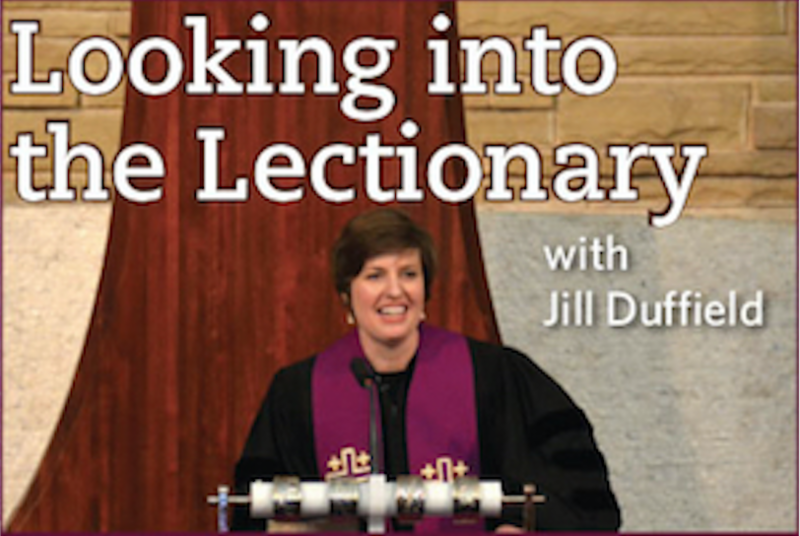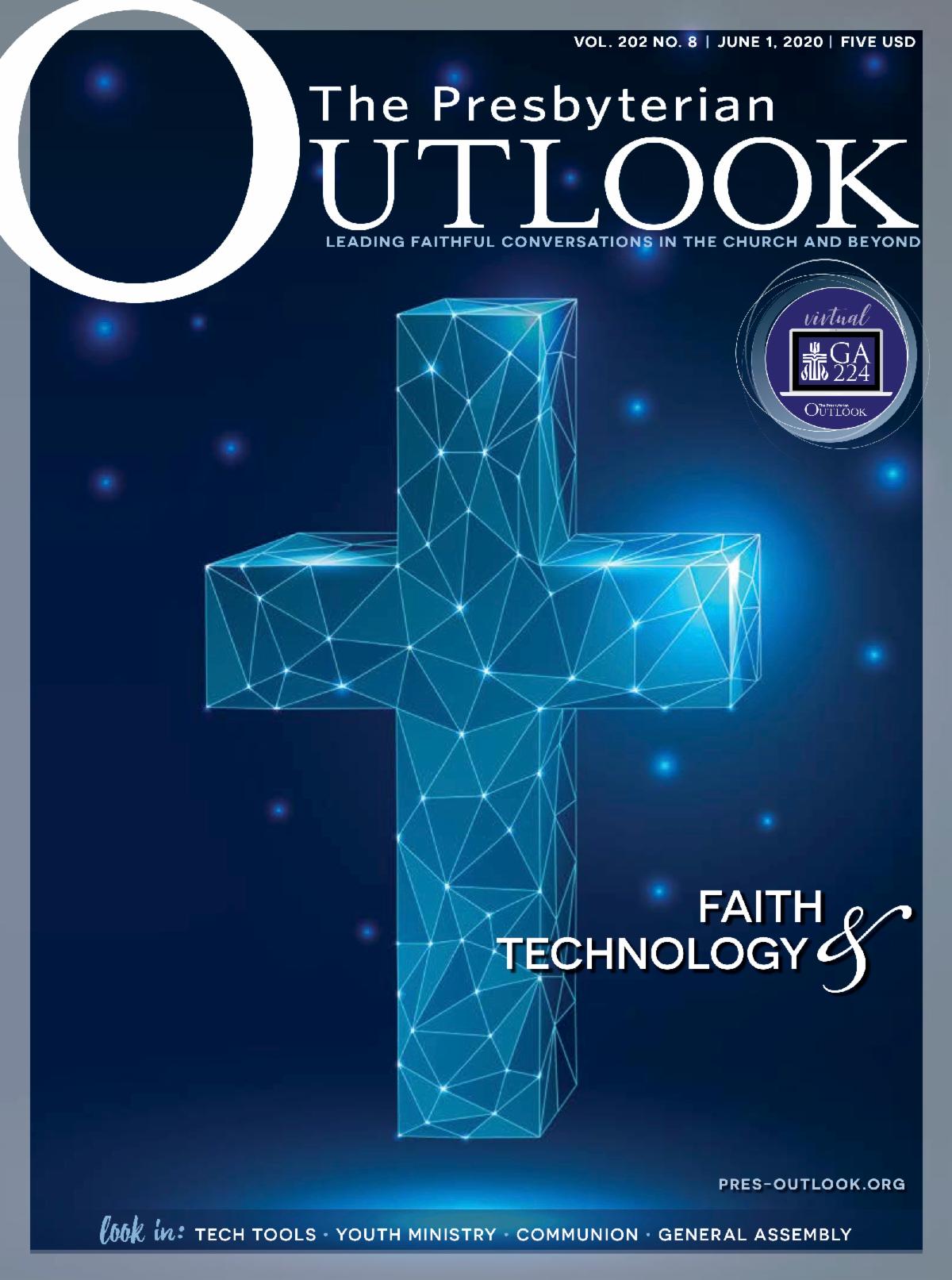In an article called "
White Fragility" which was later expanded into
a book with the same title, Robin DiAngelo explores the dynamics of white privilege and the inherent resistance of white people to engage authentically on issues of racial disparity. Whiteness, DiAngelo writes, is a foundational assumption of "a universal reference point. White people are just people. Within this construction, whites can represent humanity, while people of color, who are never just people but always most particularly black people, Asian people, etc., can only represent their own racialized experience." In this article DiAngelo goes on to argue for anti-racist education that moves white people to acknowledge their role in systemic racism with a responsibility of "either perpetuating or transforming that system." Her presentation is powerful and, at least for me as a white man, revelatory.
This article is one of many resources that have been circulating widely in the weeks since George Floyd's death beneath the knee of a Minneapolis police officer. Protests and demonstrations have ensued in every state, and many people have been motivated to learn more about matters of race, power, and privilege so that they might be better equipped to pursue justice and equity. In discussions, in study groups, in individual hearts and minds, truths have been revealed and sins uncovered. While dismantling systemic racism is a project requiring sustained commitments and long-term attention, it surely begins by seeing things clearly, truthfully.
In his words to his disciples in Matthew 10, Jesus affirms that truth cannot be hidden nor silenced. "Nothing is covered up that will not be uncovered, and nothing secret that will not become known. What I say to you in the dark, tell in the light; and what you hear whispered, proclaim from the housetops" (10:26-27). Gospel work is about truth-telling, as painful and as difficult as that can be. Jesus knows that bearing witness to truth can upset and provoke. It can disrupt the most intimate of relationships; it can bring down powers and principalities. The truth is powerful, and the truth is demanding. As Jesus himself demonstrates, pursuing the truth can even mean taking up a cross.
The story of Hagar and Ishmael in Genesis 21 presents the challenging truth of God's expansive care. Isaac, the son promised by God to the barren Sarah and Abraham, has at last been born. What had seemed impossible has actually come to pass. While Sarah delights in her son Isaac, she also has contempt for the boy Ishmael, a son Abraham conceived with Sarah's slave Hagar as a hedge against all of God's talk about bringing a child to Sarah's barren womb (Genesis 16:1-16). With the birth of Isaac, Ishmael is a reminder of Sarah's reluctance to believe God's promise and a threat to the fullness of Isaac's inheritance. Ishmael and Hagar are thus sent away. As Isaac is clearly the child of promise and the ongoing focus of the story Genesis tells, we might expect to never hear of Ishmael and Hagar again.
But surprisingly the narrative takes care to tell us what happens to the rejected child and his mother. Ishmael and Hagar are sent off into the desert. They run out of water. It doesn't look good. It seems that death is near. But God has not abandoned these two. They may have been banished by Sarah and Abraham, but God has not shunned them. God's wide embrace is not thwarted by Sarah and Abraham's preferences and feelings. Ishmael and Hagar may have been excluded and cast out, but they are still precious to God. They may be outsiders, beyond the bounds of the main story, but God still cares for them, providing them water in the desert, abiding with them, blessing them. We are left to acknowledge the truth that God moves beyond whatever assumptions and barriers we might impose. A God who can hold and bless both Isaac and Ishmael is not going to be limited by our categories and structures.
In this week's passage from Romans, Paul invites his readers to claim the fullness of their baptisms as they embrace the truth of their connection to Jesus Christ. He seeks to reveal the depth of what God has done and the promise of life in Christ. "Do you not know?" he asks in a way that suggests they don't know - or if they do know they don't yet grasp it. Do you not know the truth? We are joined to Christ in baptism. We have died with Christ. We are buried with Christ. We are raised with Christ, stepping away from what was into a life that is new. Do you not know that? Our old self was crucified with Christ, destroying sin's power over us and releasing us from its death-dealing effects. That is all past. The old self is gone. The old structures of sin and the systems of oppression have been exposed. Christ is leading us away from all that was. Do you not know that truth?
And, if we do know that truth, how can we further it? How can we grow into it? How can we bring it to bear on the crises of these days? How can the truth of new life in Christ empower us to expose the layers of sin that ensnare us individually and stain our common life? How can we use the power and purpose given to us in baptism to forge expansive communities of compassion and care? How can the saving cycle of death and resurrection inspire us to confront hard realities while also striving for a hopeful future? Again and again, Scripture points us to truth, truth about God and truth about ourselves. May have we the courage face the truth, to tell it, and to live it.
This week:
- Have you engaged in a recent conversation on racial issues or maybe read or seen something that has revealed new truths to you?
- Can you identify ways that Jesus has brought a sword instead of peace? How do you see him as both "peacemaker" and "sword-bringer?"
- Why do you think the story of Hagar and Ishmael is included in Genesis? Wouldn't it be more convenient and make for a clearer narrative if some well-meaning editor had simply omitted it?
- Contrast the feelings that Sarah and Abraham each have towards Hagar.
- Have you considered the connection between baptism and death? What is the significance of being "buried with Christ by baptism into death?"
- How effectively do our worship celebrations of the sacrament reflect the theological richness of baptism as Paul describes it?
JOHN WURSTER is pastor of St. Philip Presbyterian Church in Houston.





No comments:
Post a Comment